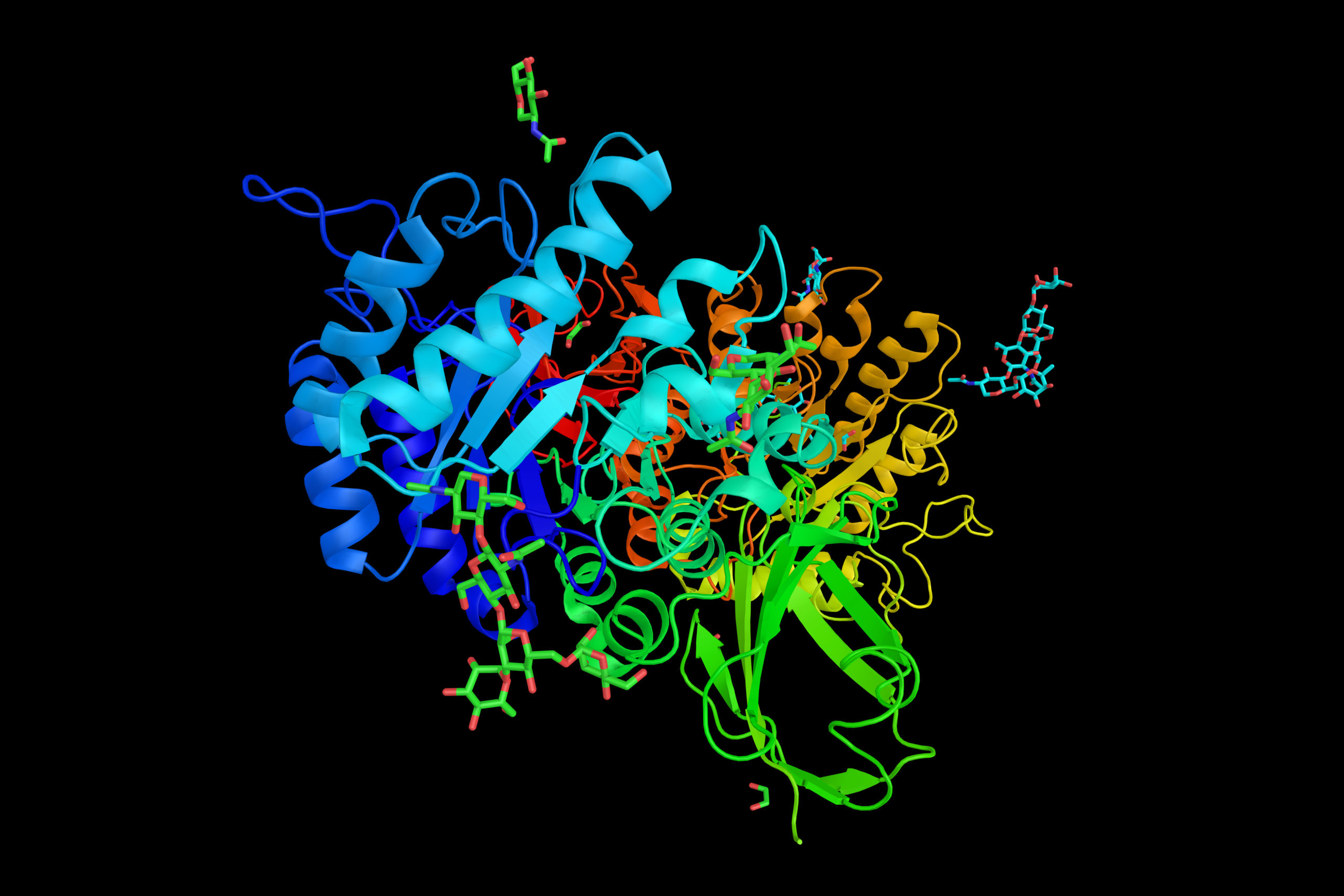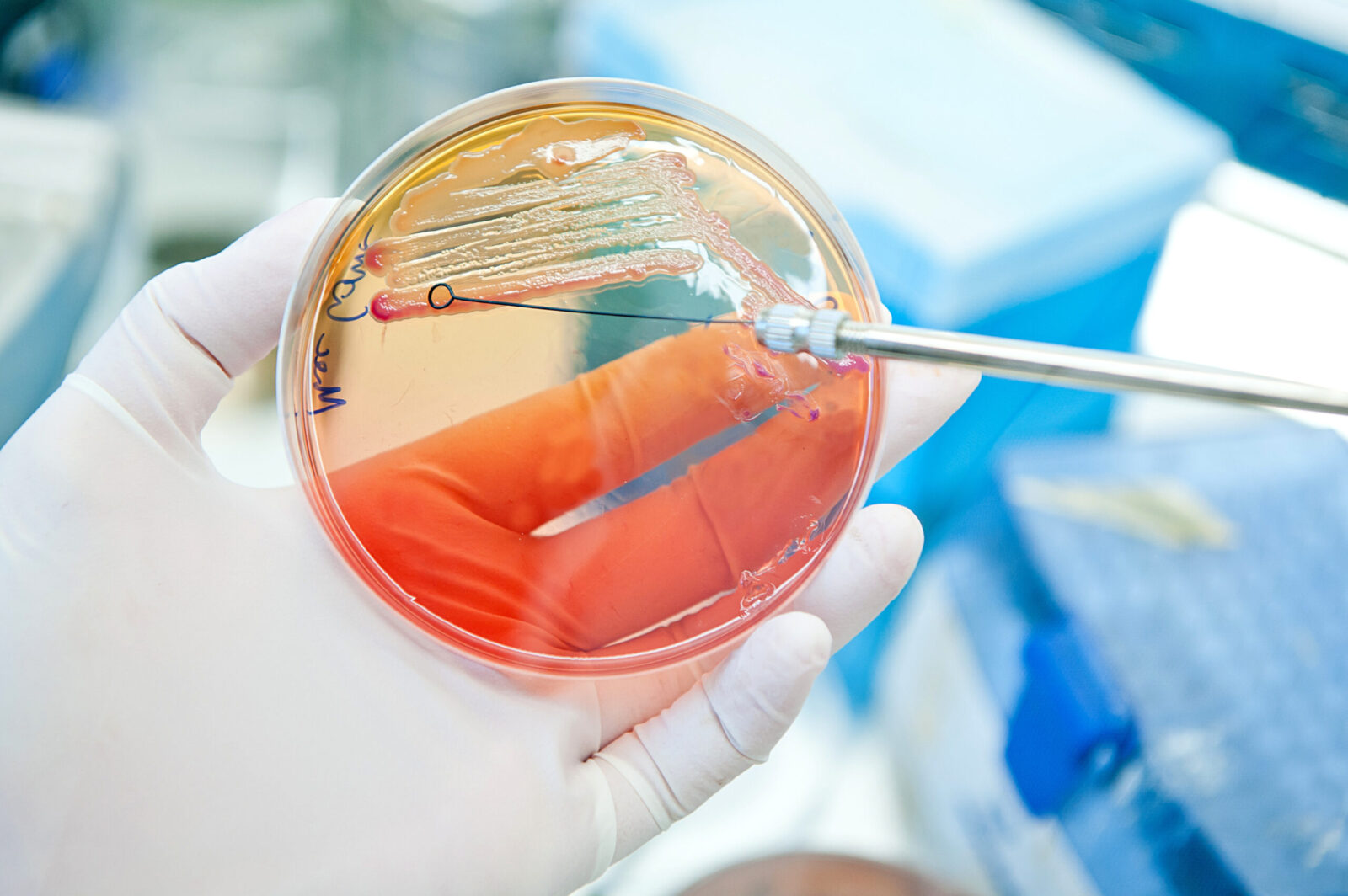

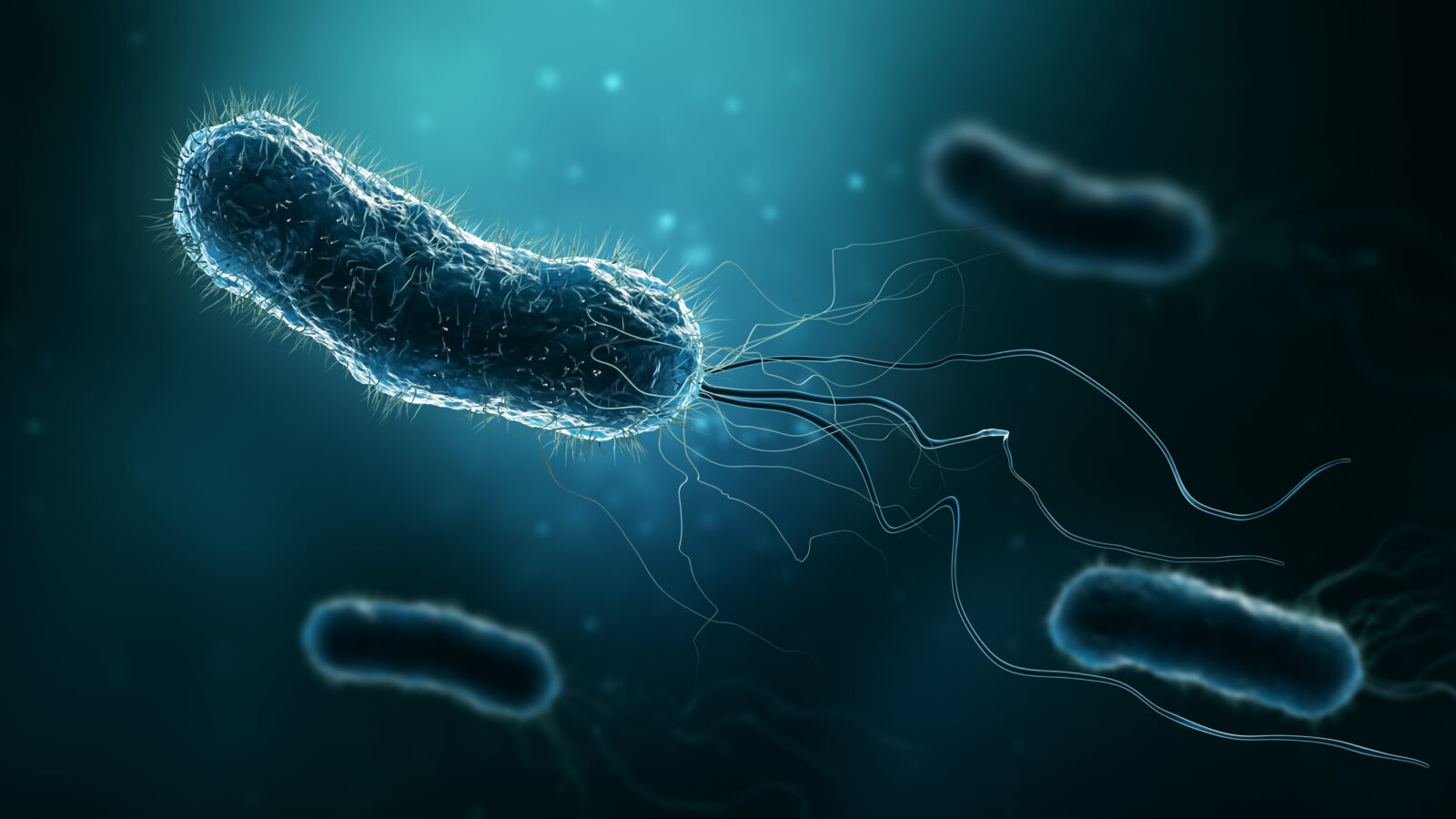
A Microbiologist’s Journey to Intelligent Design
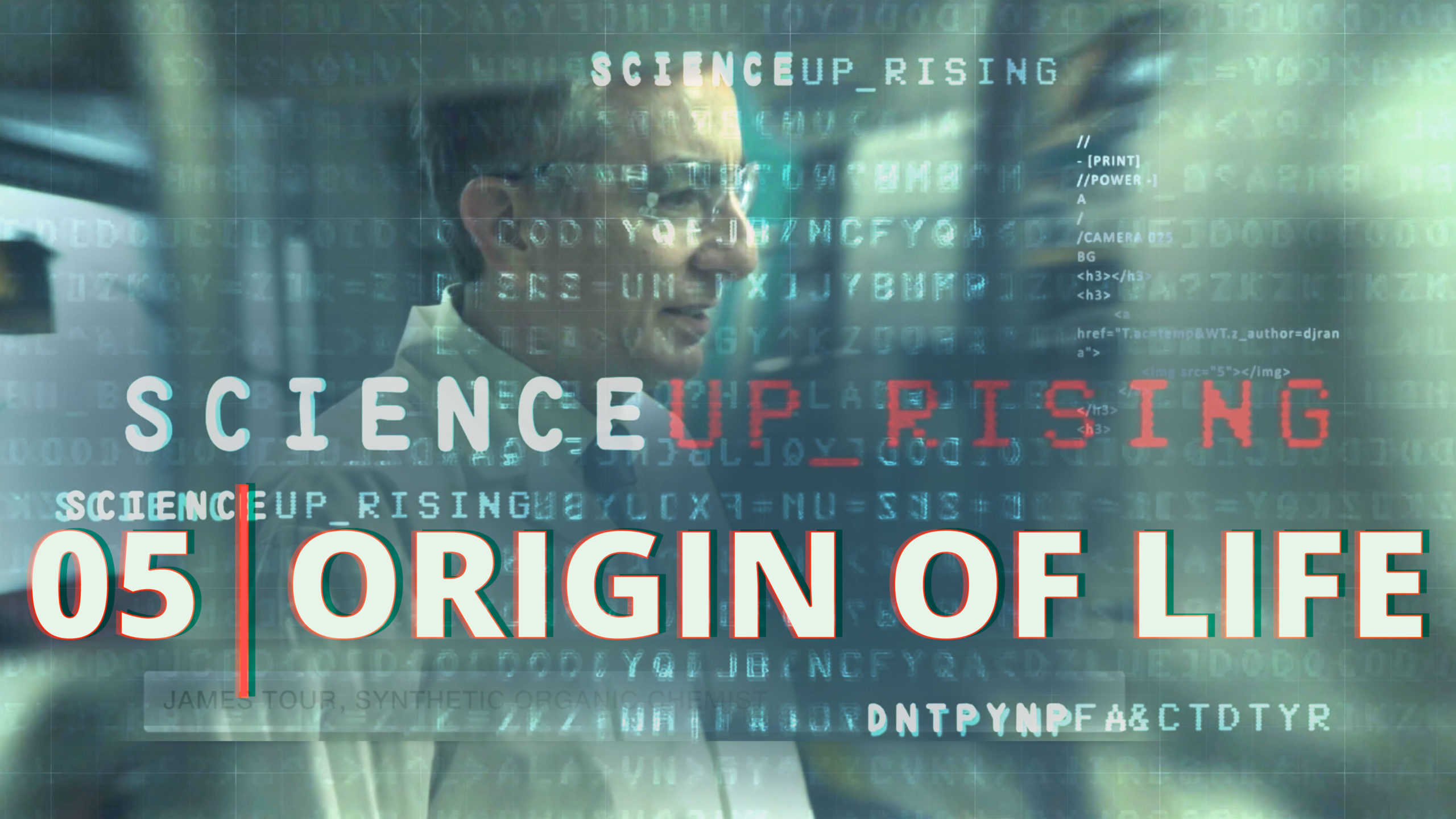
Science Uprising 05: Origin of Life
Can life spontaneously generate itself from chemicals? Or are detailed instructions required? This episode of Science Uprising investigates the origin of life and claims by scientific materialists like Stephen Hawking that life spontaneously arose from chemicals without any guidance or intelligent design. Be sure to visit scienceuprising.com to find more videos and explore related articles and books. Experts featured in Read More ›
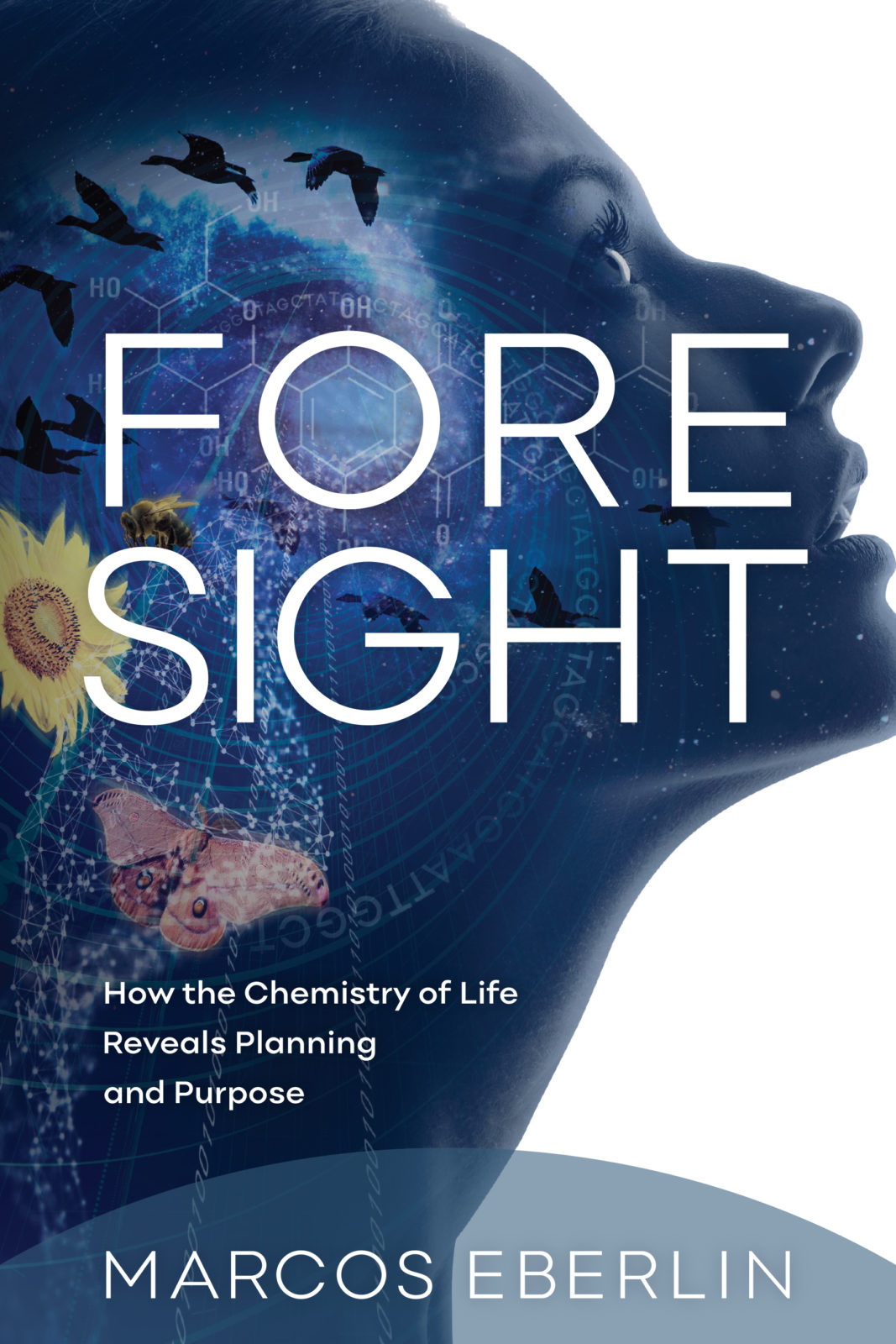
Foresight
In Foresight: How the Chemistry of Life Reveals Planning and Purpose, learn about jumping insects with real gears, and the ingenious technology behind a power-punching shrimp. Enter the strange world of carnivorous plants. And check out a microscopic protein machine in a bird’s eye that may work as a GPS device by harnessing quantum entanglement. Join renowned Brazilian scientist Marcos Eberlin as Read More ›

Foresight: How the Chemistry of Life Reveals Planning and Purpose
In his extraordinary new book, Foresight: How the Chemistry of Life Reveals Planning and Purpose, renowned Brazilian chemist Marcos Eberlin explores a gold rush of recent scientific discoveries that pose a grave challenge to modern evolutionary theory. Drawing on his expertise as former president of the International Mass Spectrometry Foundation, Dr. Eberlin uncovers a myriad of artful solutions to major engineering challenges in Read More ›
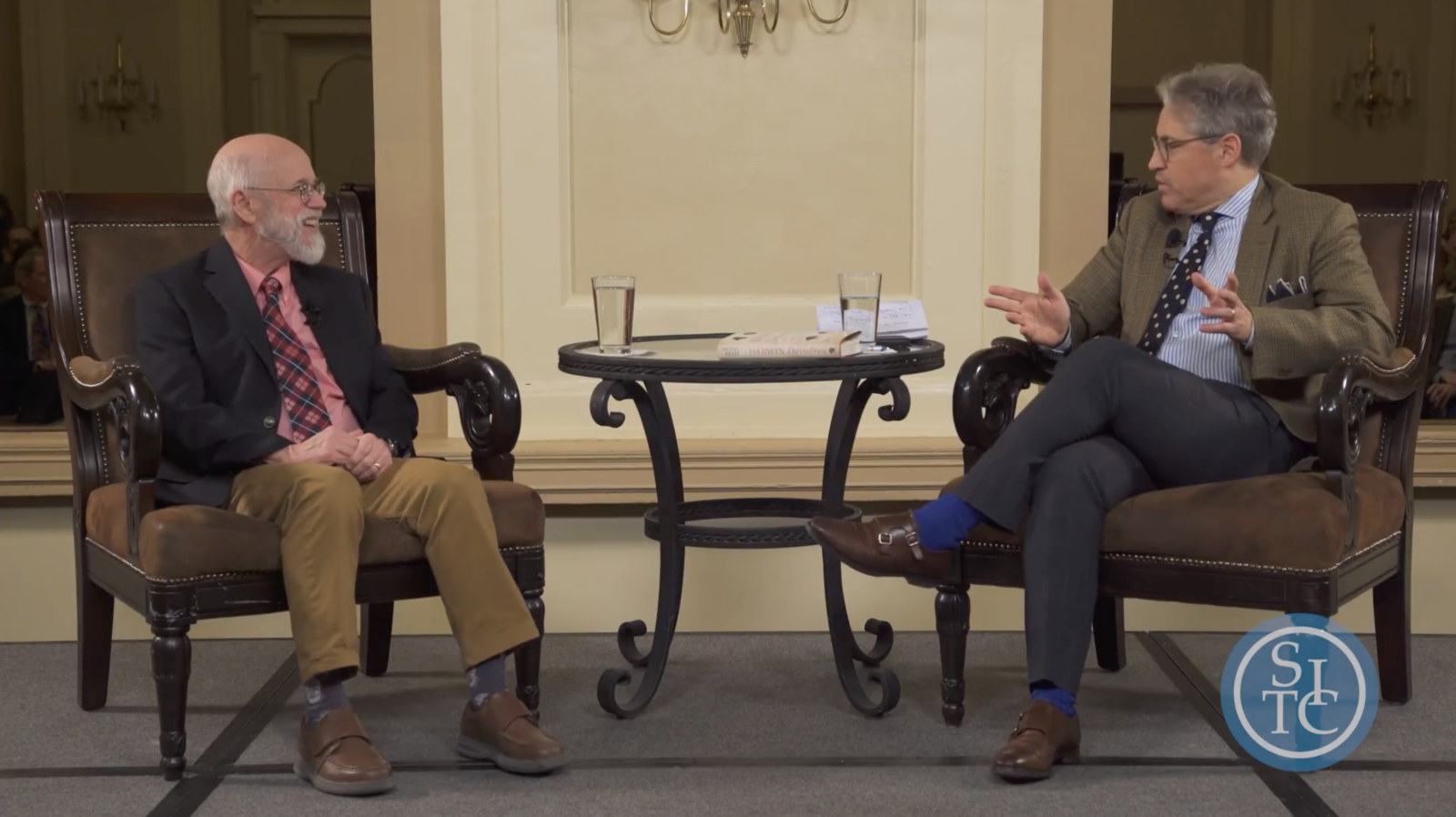
Michael Behe Discusses Darwin Devolves with Eric Metaxas
Eric Metaxas interviews biochemist Michael Behe on “the new science about DNA that challenges evolution” as told in Behe’s book, Darwin Devolves.

The White Space in Evolutionary Thinking
When certain biologists discuss the early stages of life there is a tendency to think too vaguely. They see a biological wonder before them and they tell a story about how it might have come to be. They may even draw a picture to explain what they mean. Indeed, the story seems plausible enough, until you zoom in to look at the details. I don’t mean to demean the intelligence of these biologists. It’s just that it appears they haven’t considered things as completely as they should. Like a cartoon drawing, the basic idea is portrayed, but there is nothing but blank space where the profound detail of biological processes should be.
Read More ›
Privileged Species Trailer
In his books Evolution: A Theory in Crisis and Nature’s Destiny, biochemist Michael Denton has argued with a remarkable power and clarity that in fact life gives direct evidence of purpose. In Privileged Species he takes his case further, showing how the Earth is designed not just for life, but specifically for the human form.century science.” Michael Denton holds an Read More ›

Darwin’s Black Box: The Biochemistry of the Cell
